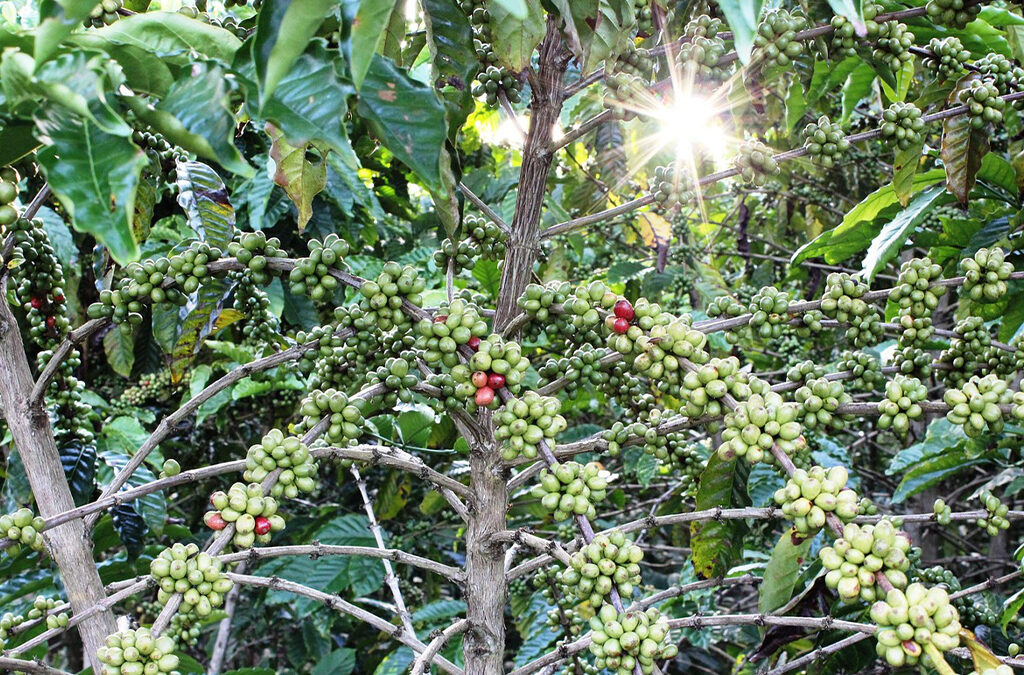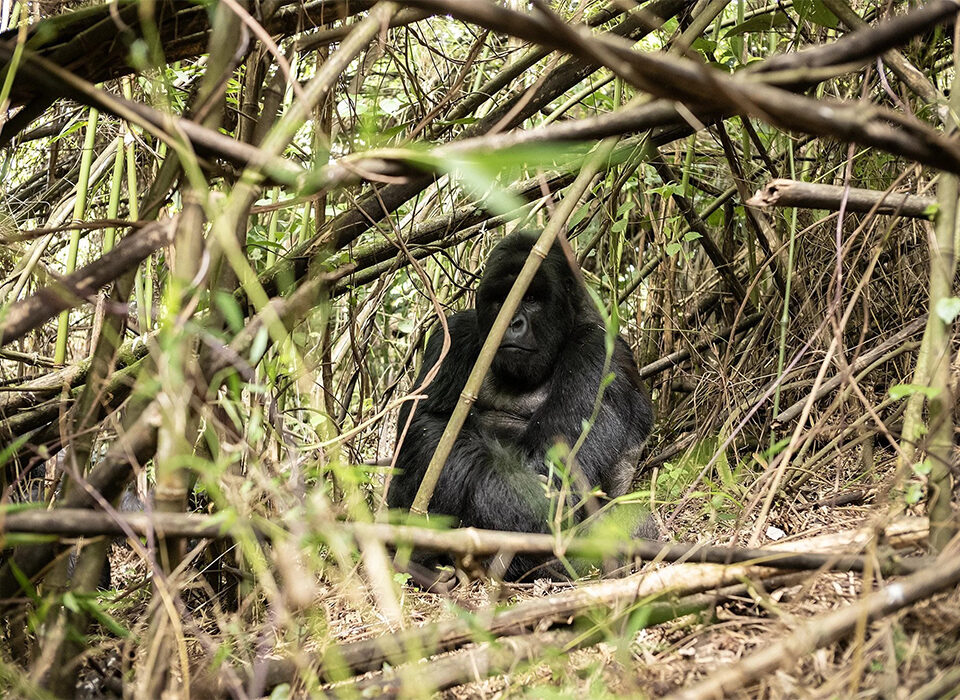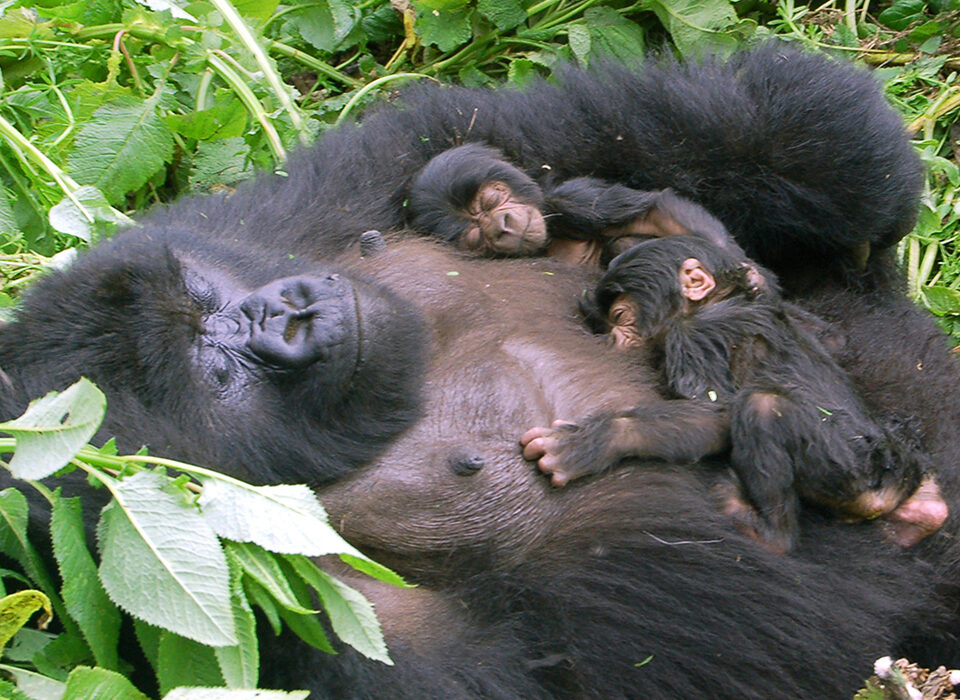
Why You Should Avoid Shining Colours During Your Gorilla Trekking Safari
August 11, 2025
Why You Need to Visit Mangroves National Park
August 11, 2025Coffee Tourism in Kisoro and Around Bwindi Forest

Coffee Tourism in Kisoro and Around Bwindi Forest
Introduction to Coffee Tourism in Uganda
Uganda, often called the “Pearl of Africa”, is a land of breathtaking beauty, rich cultures, and remarkable wildlife. Among its hidden treasures is a centuries-old coffee tradition that has grown into one of the country’s most celebrated agricultural industries. Over the years, coffee tourism in Uganda has flourished in various regions particularly in Kisoro and around the Bwindi Impenetrable Forest offering visitors an immersive journey into the art, science, and heritage of coffee production.
The Coffee Significance in Kisoro and Uganda
Since colonial times, coffee has been Uganda’s leading export commodity, making the nation one of Africa’s largest producers. Kisoro’s fertile volcanic soils, high altitudes, and favorable climate make it ideal for cultivating Arabica coffee. Known for its fruity and floral flavor profiles, Ugandan coffee has earned an esteemed place on the global coffee scene. Coffee tourism here not only preserves cultural heritage but also uplifts local communities by creating jobs and increasing household incomes.
Coffee Adventures in Kisoro
Nestled in Uganda’s far southwestern corner, Kisoro borders Rwanda and the Democratic Republic of Congo. The region is surrounded by volcanic mountains, lush rainforests such as Bwindi and Echuya, and the scenic Mgahinga Gorilla National Park. The coffee farms here are small-scale yet vibrant, showcasing a harmonious blend of agriculture and nature.
With Experiya Tour Company, visitors can book guided coffee tours any time of the year. These tours allow guests to follow the coffee journey from seedling to cup learning about planting, harvesting, processing, and roasting directly from the farmers themselves.
Touring Coffee Farms in Kisoro
While Kisoro lacks large commercial coffee plantations, it thrives with numerous smallholder farmers who welcome guests for firsthand experiences. Visitors can participate in activities such as picking ripe coffee cherries, pulping, fermenting, drying, and sorting beans. Local guides from Experiya Tour Company enrich the experience with stories of coffee’s history in the region, often sharing farming methods passed down for generations.
Coffee Tourism and Bwindi Forest
Bwindi Forest, a UNESCO World Heritage Site, spans Kisoro, Kanungu, and Rubanda districts. Famous for housing over half of the world’s remaining mountain gorillas, the forest’s surrounding communities have embraced coffee tourism as a complementary activity to gorilla trekking. Bwindi’s high-altitude environment is perfect for Arabica coffee, often intercropped with bananas and other crops promoting biodiversity and sustainable agriculture.
Conservation and Coffee
Coffee tourism in Kisoro and around Bwindi is deeply connected to conservation. Many coffee farms, particularly in the Rushaga, Nkuringo, Ruhija, and Buhoma sectors, are part of eco-tourism projects designed to reduce pressure on protected forests. By supporting coffee farming, visitors indirectly help gorilla conservation, as farmers engaged in profitable coffee cultivation are less likely to encroach on protected areas or engage in poaching.
Coffee Tasting Experience
One of the highlights of coffee tourism here is the tasting session. Visitors can savor freshly brewed coffee from locally grown beans while learning traditional brewing methods sometimes involving clay pots or wooden filters. The aroma, freshness, and authentic preparation make it a truly memorable part of the tour.
Coffee and Cultural Immersion
Kisoro’s coffee experience extends beyond the drink itself. Travelers can engage with the vibrant cultures of the Bafumbira, Bakiga, and Batwa communities, enjoying traditional storytelling, dance, and music while sipping aromatic coffee. This blend of cultural tourism and coffee heritage makes the visit both educational and heartwarming.
Supporting Local Communities
Coffee tours are a lifeline for many rural households. Every visit contributes directly to local livelihoods, supporting projects such as clean water access, school improvements, and healthcare facilities. Through Experiya Tour Company, guests know their participation has a meaningful impact.
Challenges and Opportunities
Despite its promise, coffee tourism in Kisoro faces hurdles like limited infrastructure, fluctuating coffee prices, and the effects of climate change. Growth in the sector will require investment in infrastructure, farmer training, and strategic marketing through partnerships between government agencies, NGOs, and private operators.
Sustainable Practices in Coffee Tourism
Experiya Tour Company works closely with local farmers to promote sustainable practices such as organic farming, fair trade principles, and eco-friendly tourism. This ensures coffee tourism remains both environmentally and economically sustainable, preserving the land for future generations.
The Future of Coffee Tourism in Kisoro and Around Bwindi Forest
The future of coffee tourism in this region looks bright. With global travelers increasingly seeking authentic, experiential journeys, combining coffee tourism with gorilla trekking, golden monkey tracking, birdwatching, hiking, or boat cruises creates a compelling eco-tourism package. Kisoro and Bwindi are well-positioned to become one of East Africa’s top destinations for travelers seeking a blend of adventure, culture, and sustainability.
Conclusion
Coffee tourism in Kisoro and around Bwindi Forest offers more than just a drink it’s a journey through tradition, culture, nature, and conservation. It invites travelers to experience Uganda’s coffee heritage while directly supporting communities and protecting the environment.
For bookings, inquiries, or tailored coffee and wildlife experiences, contact Experiya Tour Company via email at info@experiyatourcompany.com.



